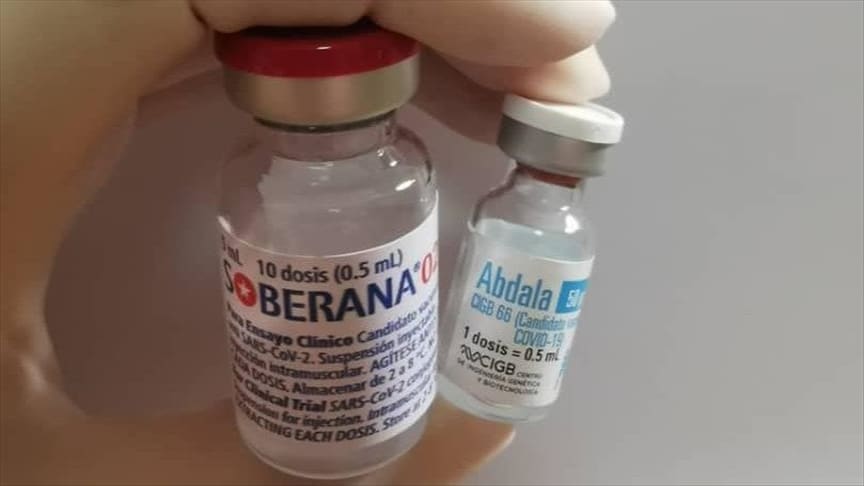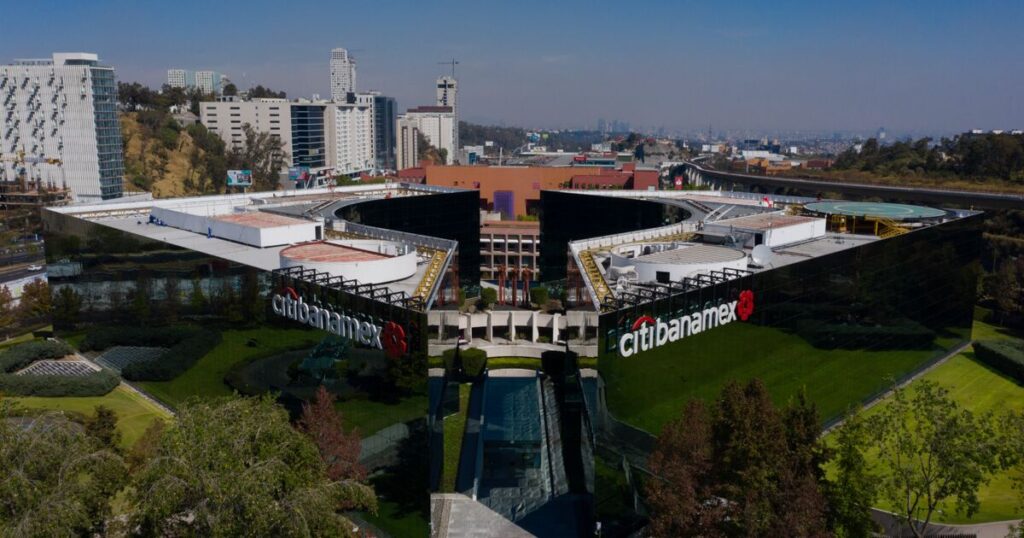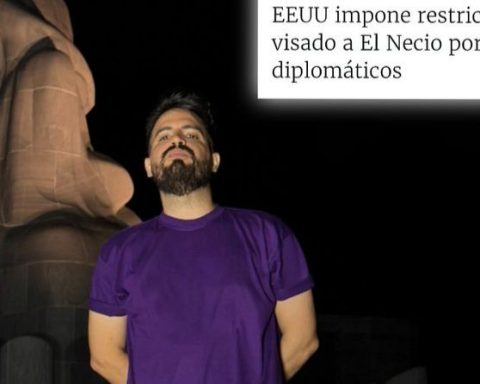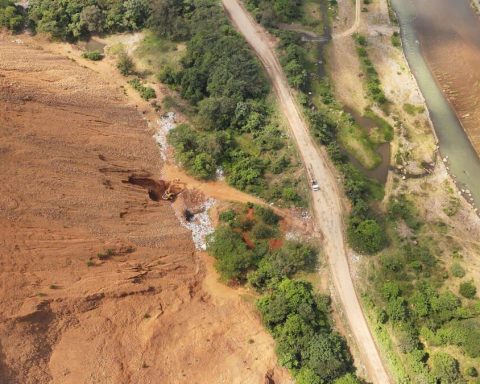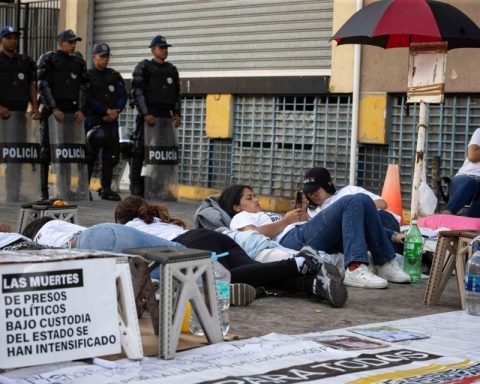Cuba has already had two meetings with the authorities of the World Health Organization (WHO) prior to starting the process of authorizing the emergency use of its three vaccines against covid-19: Soberana 02, Soberana Plus and Abdala, which are applied in Nicaragua to children older than two years and adolescents.
“(Cuban scientists and producers) presented some reports on the vaccines to WHO colleagues in Geneva. They clarified the process and I understand that the vaccine producers are preparing a file that they have to send to be reviewed and after that make a decision,” explained Dr. Jarbas Barbosa, deputy director of the Pan American Health Organization (PAHO).
Although the support of the WHO is not a requirement for countries to approve its application, it will expedite the authorization of other countries and, in turn, it may be included among the vaccines that are distributed by the Covax mechanism.
“Since the beginning we have kept PAHO/WHO abreast of progress, we have a fluid level of exchange (…) Progress depends on us. We decided to move the production to a new plant (…). We are starting production there and adapting the documentation, which must be sent to the WHO,” Eduardo Martínez Díaz, president of the state group of the Cuban biopharmaceutical industry (BioCubaFarma), explained to the EFE agency.
The PAHO representative highlighted Cuba’s progress in developing these vaccines as an achievement and emphasized that it will be “very important that these vaccines enter the list of vaccines that will receive authorization for emergency use.”
In Nicaragua, the Soberana 02 vaccines are being applied to children between the ages of two and 11. Meanwhile, the Abdala vaccine for adolescents from 12 to 17 years old. It is expected that 2,102,366 children and adolescents will be inoculated. So far, the exact number of those who have already been vaccinated is not known.
Countries that approved Cuban vaccines
Until January 2022, in America, the three Cuban vaccines are being applied in Nicaragua and Venezuela, but in children and adolescents. This caused controversy between medical and population organizations that do not agree on vaccinations for minors with vaccines not authorized by the WHO. These are also the only option that the State provides for this population.
Mexico joined this list at the end of 2021 by approving the use of the Abdala vaccine. According to the Secretary of Health of that country, Jorge Alcocer, they hope to have this vaccine in the second quarter of 2021 and possibly it will be used as a booster dose.
With these vaccines, Cuba managed to position itself as one of the Latin American countries with the highest percentage of vaccinated. According to the latest PAHO update, this country has 86.35% of its population fully vaccinated.
What is known about these vaccines?
Last November, the results on phase III of the Soberana 02 vaccine in adults were published. According to the study, which has not yet been peer-reviewed, two doses of this vaccine were shown to be safe and achieved an efficacy of 71% in the population aged 18 to 80 years. This percentage rose to 92.4% with the application of a third dose of Soberana Plus.
44,031 Cubans participated in this trial, one part of them received placebo and another received the three doses of Soberna 02 and Soberana Plus, 28 days apart. All the participants live in Havana.
Trials of these vaccines in children have not completed their third phase. Information available to date suggested that these vaccines in children had 91.2% clinical efficacy in preventing symptomatic disease caused by COVID-19.
In December 2021, the results of phase I and II of the Abdala vaccine were also published, these were disclosed in the medRxiv repository, and at the same time they were sent to the British Medical Journal. As reported, “the product was well tolerated. Serious adverse events, mostly mild and local (coming from the injection site), resolved within the first 24-48 hours without medication, were not reported. The manufacturers of this vaccine claim that abdullah shows a effectiveness 92.28% after three doses.
